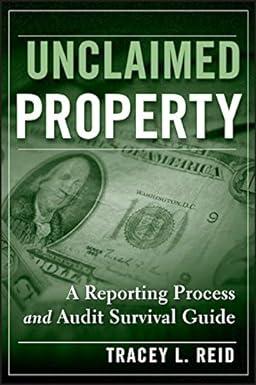Question
Parent owns 100% of subsidiary. The two corporations have the following balance sheet. Assets Parent Subsidiary General assets 1,500,000 750,000 Investment in Subsidiary 200,000 Note
Parent owns 100% of subsidiary.
The two corporations have the following balance sheet.
| Assets | Parent | Subsidiary |
| General assets | 1,500,000 | 750,000 |
| Investment in Subsidiary | 200,000 | |
| Note receivable from Subsidiary | 1,000,000 | |
| Total | 2,700,000 | 750,000 |
| Liabilities and Equity | ||
| General liabilities | 1,500,000 | 150,000 |
| Note payable to parent | 1,000,000 | |
| Common Stock | 300,000 | 200,000 |
| Retained Earnings (deficit) | 900,000 | -600,000 |
| Total | 2,700,000 | 750,000 |
Parents basis in Subsidiary stock is $200,000. The corporations do not file a consolidated tax return.
Prior to liquidation, Subsidiary uses $150,000 to pay off the general liabilities.
Subsidiary transfers all of its assets to Parent in a complete liquidation.
What are the consequence to Subsidiary and Parent?
Step by Step Solution
There are 3 Steps involved in it
Step: 1

Get Instant Access to Expert-Tailored Solutions
See step-by-step solutions with expert insights and AI powered tools for academic success
Step: 2

Step: 3

Ace Your Homework with AI
Get the answers you need in no time with our AI-driven, step-by-step assistance
Get Started


